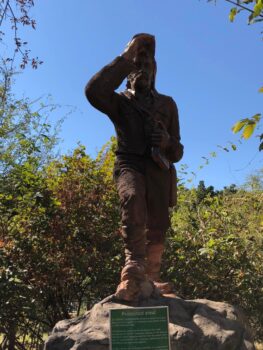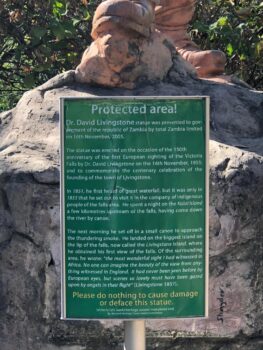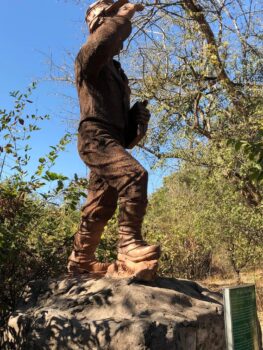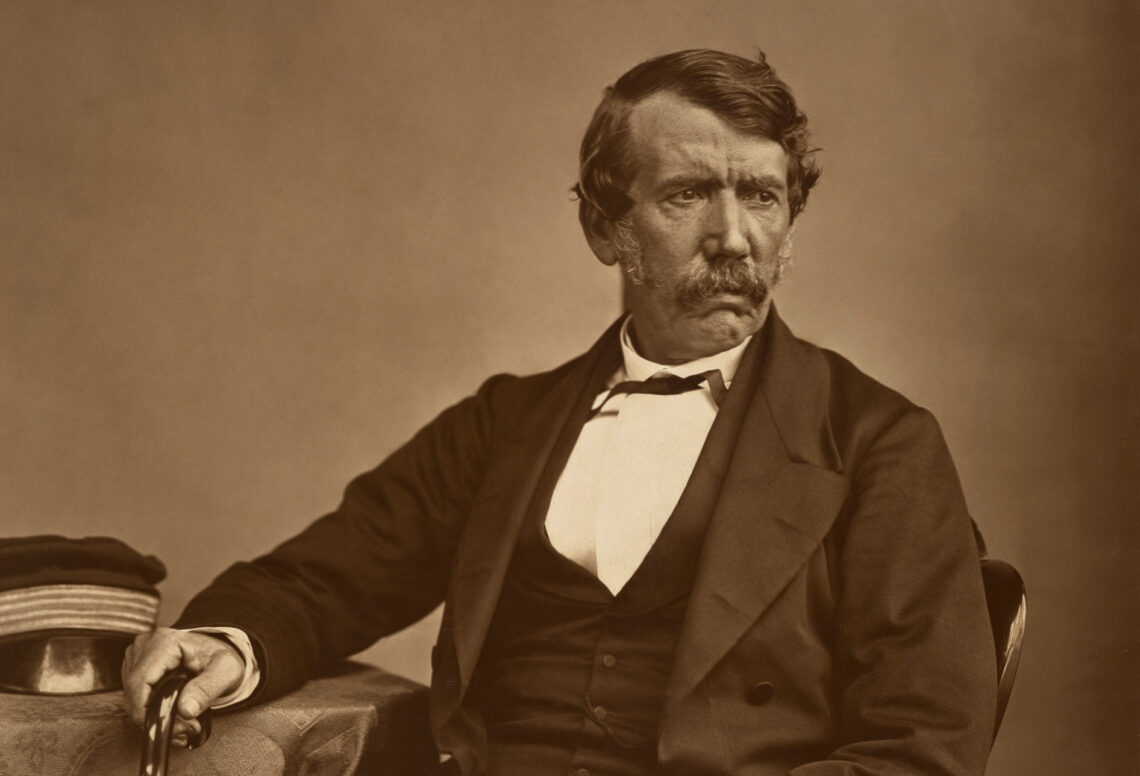
Remembering Explorer: David Livingstone
By Michael Maynor
May 1, 2023, marked the 150th anniversary of the passing of one of history’s most iconic explorers, David Livingstone. Livingstone’s remarkable life and daring expeditions continue to inspire adventurers and scholars alike. In this article, we pay tribute to the legendary explorer, shedding light on his extraordinary achievements and the enduring legacy he left behind.
Born on March 19, 1813, in Blantyre, Scotland, David Livingstone’s journey began as the son of humble parents. His early exposure to religion and the tales of missionary work planted a seed that would later guide his path. Livingstone’s deep-rooted faith and commitment to serving humanity led him to study medicine, determined to combine his medical skills with the spread of Christianity.
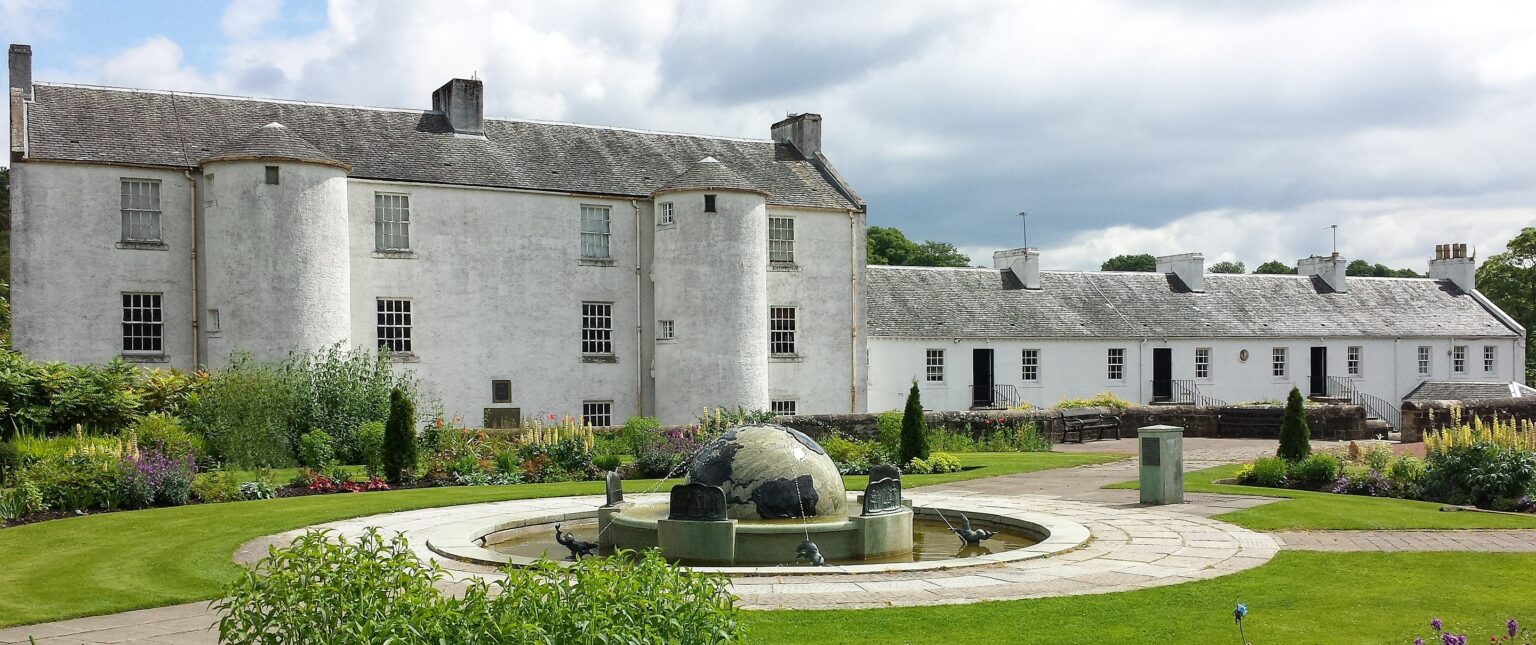
In 1840, Livingstone embarked on his first expedition to Africa, arriving in Cape Town, South Africa. From there, he ventured inland, spending years exploring uncharted territories. During his travels, Livingstone encountered the breathtaking landscapes, diverse cultures, and unique wildlife that would forever capture his heart.
Livingstone’s famous expedition took place from 1851 to 1856, during which he explored the Zambezi River. Along the way, he stumbled upon a breathtaking waterfall that he named after Queen Victoria, now known as Victoria Falls. Livingstone’s detailed accounts and depictions of the Falls captured the world’s attention, highlighting the magnificence of Africa and sparking further interest in the uncharted continent.
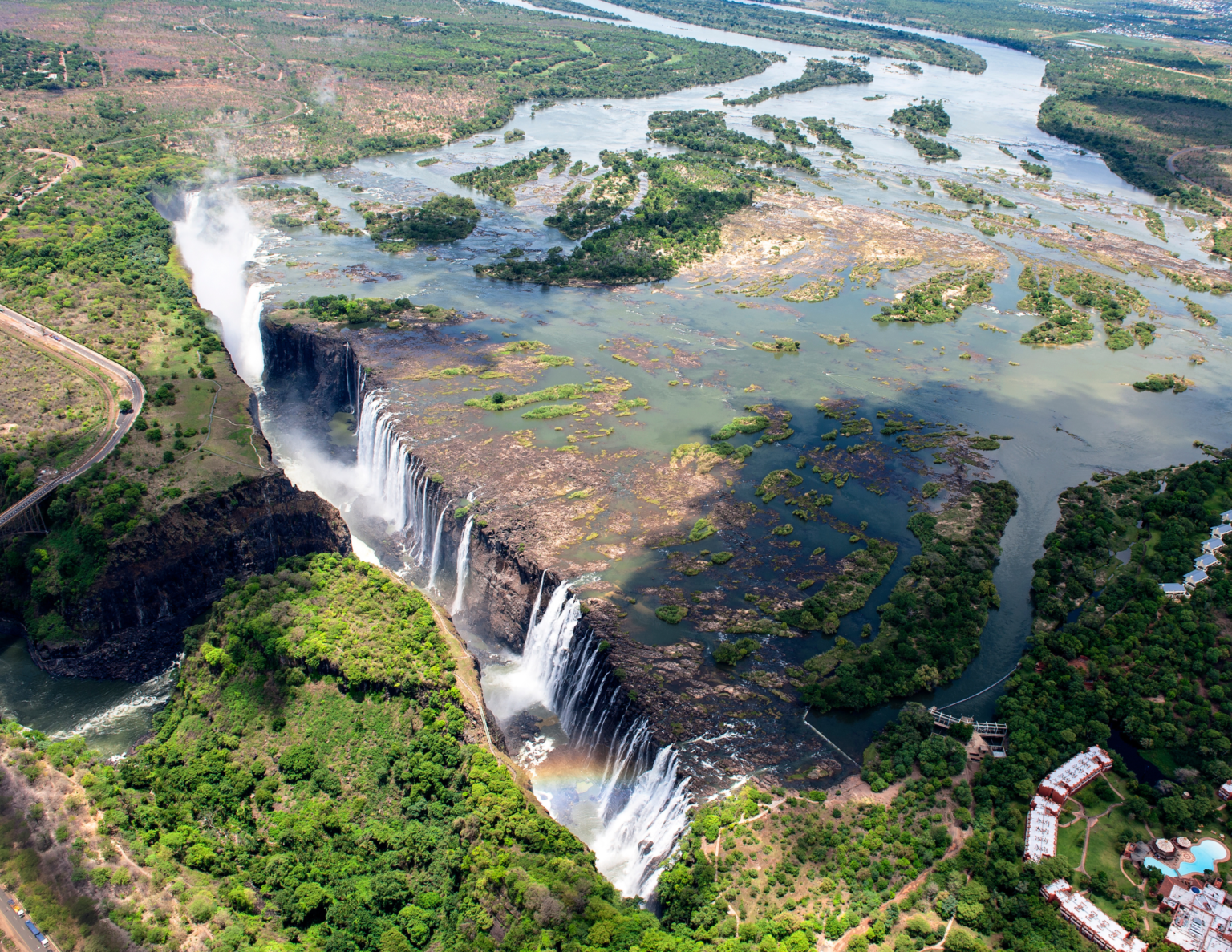
“In 2018, I went on my first Safari and had an incredible experience exploring Victoria Falls and Livingstone, Zambia. I took a photo of the David Livingstone statue located on the Zambia side of the falls. If you’re interested in nature, adventure, and history, I highly recommend visiting either the Zambia or Zimbabwe side of Victoria Falls. For a luxurious and comfortable stay, I suggest booking a room at the aha David Livingstone Lodge in Livingstone, which offers world-class accommodations. Additionally, the Livingstone Museum is a must-see attraction where you can view some of Livingstone’s personal papers and effects.”- Michael
Livingstone was not just an explorer; he was also a passionate advocate for social justice. Appalled by the slave trade’s atrocities, he used his expeditions as platforms to gather evidence and spread awareness about the inhumane practices he witnessed. His relentless efforts helped influence British policies and public opinion, eventually leading to the decline of the East African slave trade.
In 1871, Livingstone experienced a well-documented period of isolation and uncertainty in Africa, leading to rumors of his demise. Fellow Expoloer Henry Morton Stanley was commissioned by the New York Heard to find Livingstone. After months of searching and overcoming numerous obstacles, Stanly finally found Livingstone on the shores of Lake Tanganyika. Stanly uddered the famous words “Dr. Livingstone, I presume?” This encounter sparked worldwide interest and again brought Livingstone’s exploration achievements to the forefront.
Stanley himself went on to explore and map vast areas of Africa and played a crucial role in opening up the continent for European colonization. The meeting of Stanley and Livingstone marks a significant moment in the history of exploration and the colonial era.
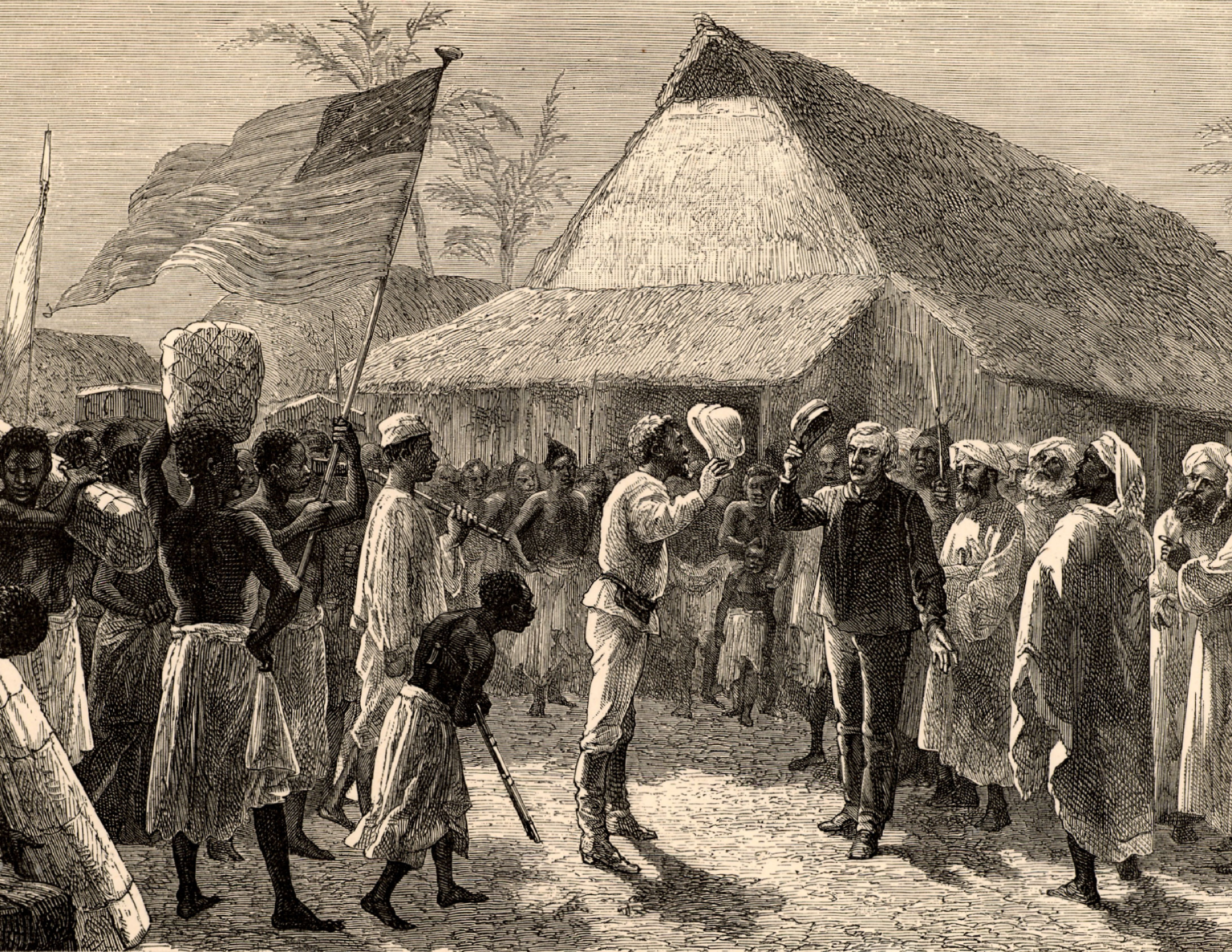
David Livingstone’s legacy extends far beyond his groundbreaking explorations. His commitment to understanding different cultures, his compassion for the oppressed, and his unwavering faith continue to inspire generations. His work laid the foundation for future explorers, scientists, and humanitarians who followed in his footsteps.
Livingstone’s explorations and discoveries contributed significantly to our knowledge of Africa’s geography, biology, and anthropology. His writings, including his popular book “Missionary Travels and Researches in South Africa,” continue to captivate readers, showcasing the beauty of Africa and the hardships faced by its inhabitants.
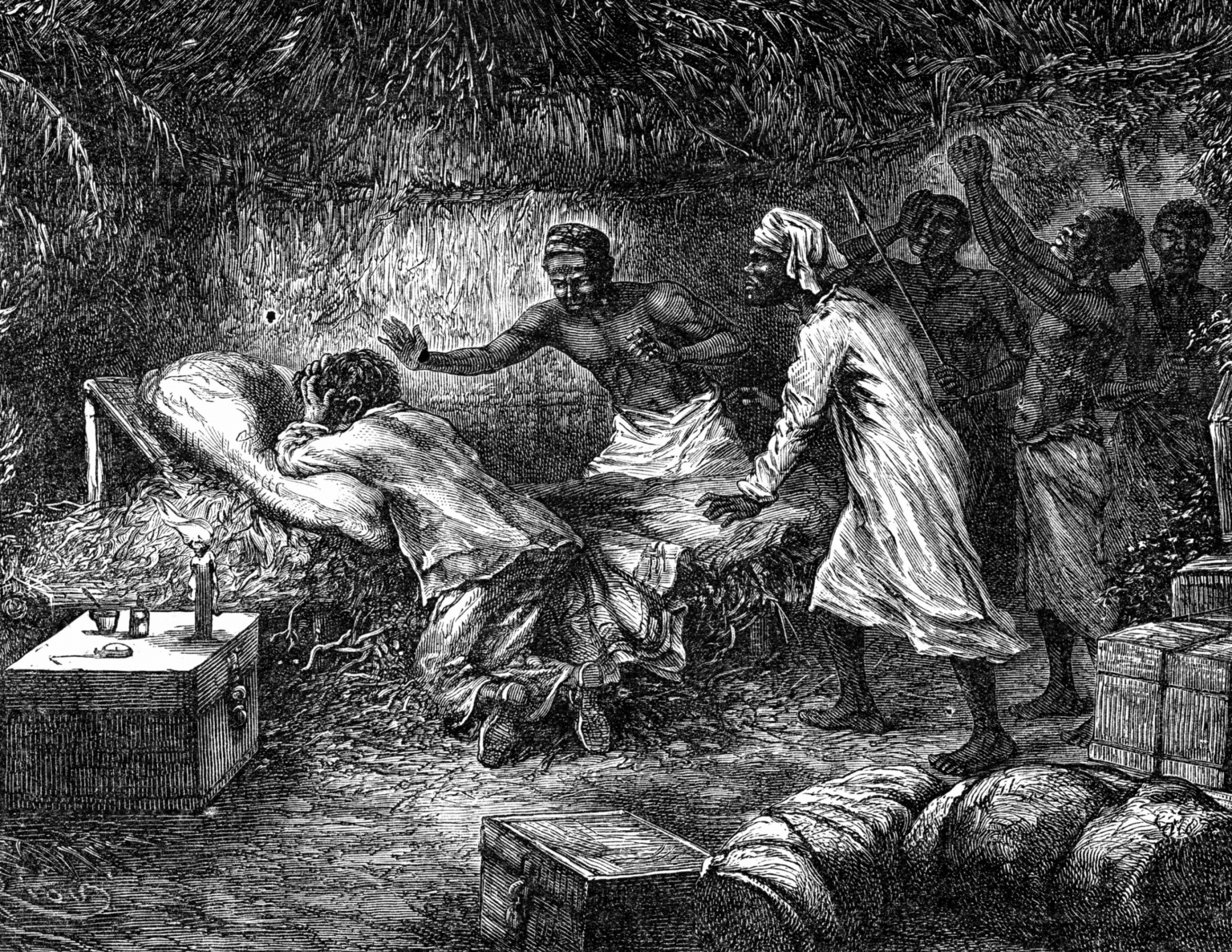
David Livingstone died at 60 on May 1st, 1873, due to malaria and dysentery-related internal bleeding. He was in Chief Chitambo’s village, located in what is now Zambia. Chuma and Susi, his devoted servants, organized his funeral and buried his heart beneath a tree. His remains and last journal were transported on a remarkable 63-day trek to the coast, where they were then sent back to England for burial. Today, he rests at Westminster Abbey in London.
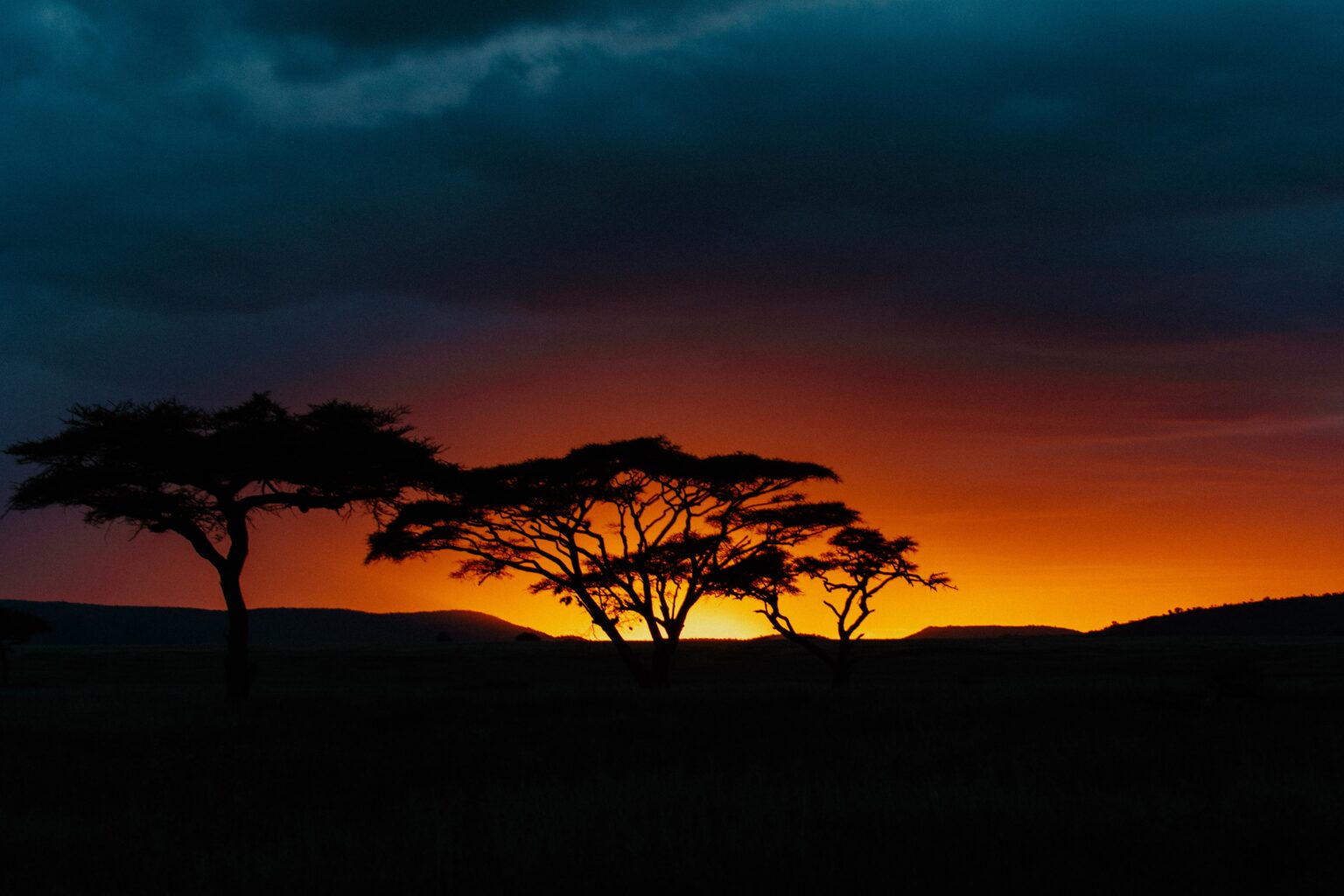
As we commemorate the 150th anniversary of David Livingstone’s death, we honor his life and adventures. Livingstone’s relentless pursuit of knowledge, his unwavering faith, and his dedication to the eradication of slavery left an indelible mark on history. He stands as a symbol of courage, curiosity, and compassion, inspiring us to explore the unknown and work towards a better world. May his spirit continue to guide future generations of explorers and humanitarians, reminding us of the power of one individual’s transformative journey.
Michael Maynor
I am a proud native of North Carolina with a deep love for the sporting lifestyle and everything Southern. My book collection seems to grow endlessly, and I have a particular fondness for collecting vintage duck decoys. Despite appearing content, my heart longs to return to Africa for another safari adventure. John 3:16


You May Also Like

The Whiskey Ledger with Bourbon Apprentice
April 24, 2020
Five Quotes By Nash Buckingham
May 31, 2020

